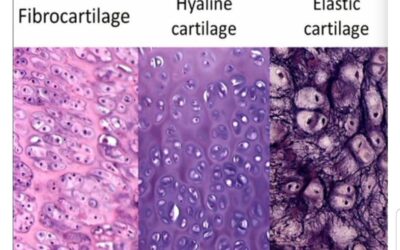Vitamin E is an essential fat-soluble vitamin that is also a powerful antioxidant. Many dogs have a low intake of this vital nutrient, or worse, are consuming a synthetic version of Vitamin E. A low dietary intake can lead to a deficiency which can create irreversible cell damage most notably to the heart, liver, bones, muscles, and nerves. Vitamin E is necessary for over-all muscle health, circulatory health, healing of injuries, and skin health, among others. In fact, if your dog is consuming high levels of polyunsaturated fatty acids, he will require even more Vitamin E to protect his body from oxidation of the fatty acids. Vitamin E also protects Vitamin A and amino acids containing sulfur (notably taurine) from oxidation. Since raw diets contain high levels of vital amino acids and Vitamin A, providing enough Vitamin E in each meal is a necessity. You will want to provide a food source of Vitamin E such as wheat germ oil, hemp seed oil, sunflower oil, sunflower seeds, spinach (and other green leafy veggies), and broccoli. If you are wanting to avoid creating a fat imbalance or adding the extra calories from fat, then using an oil may not be an option.
While most commercial dog foods are supplemented with Vitamin E, they generally contain either a synthetic version of the isolated alpha (which has a low absorption rate, for one) or the touted “natural” isolate alpha tocopherol. Synthetic dl-alpha tocopherol and the “natural” d-alpha tocopherol are both unsafe. Vitamin E exists in food and nature as a complex of eight different constituents, four tocopherols and four tocotrienols, not just the alpha. In fact, studies show that the consumption of synthetic dl-alpha Vitamin E may just lead to an increased risk of cancer!
My opinion: always go for food sources of nutrients because nature knows best. And if food sources are not possible, use a truly natural supplement containing the entire Vitamin E complex of eight constituents, not just the alpha.
©2018 Kimberly Lloyd, PhD, BCHHP, Cert Raw Dog Nutritionist



